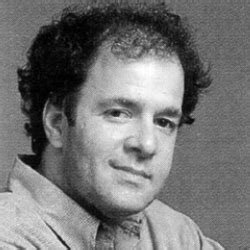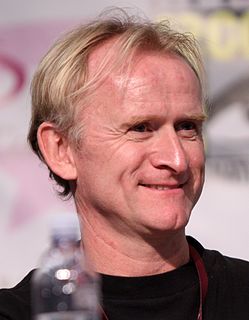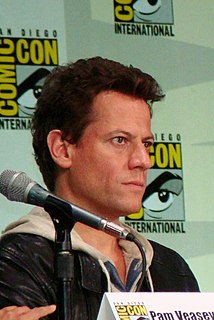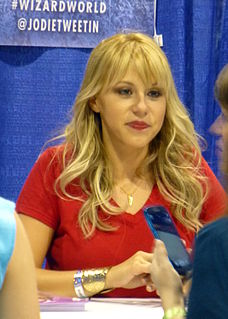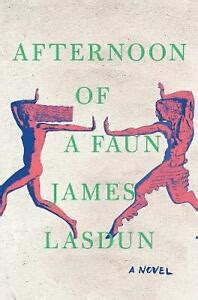A Quote by Kaui Hart Hemmings
When a place comes across vividly in a novel, it's often compared to a character. I can remember writing teachers who encouraged me to treat setting as if it were a character, to give it three dimensions, to make it come alive, jump off the page.
Related Quotes
When you are writing, you have to love all your characters. If you're writing something from a minor character's point of view, you really need to stop and say the purpose of this character isn't to be somebody's sidekick or to come in and put the horse in the stable. The purpose of this character is you're getting a little window into that character's life and that character's day. You have to write them as if they're not a minor character, because they do have their own things going on.
The joy of 'The X-files' is how it plays on so many different realities never knowing what is the truth and what is the deception. So my approach to my character has always been that we are alive and have always been alive and were never 'killed off' but held a fake funeral in 'Jump the Shark' to get the heat off of us.
I believe that every character is a setting, a world with moving parts, and on the other hand, every setting is, in fact, a character - a living breathing thing with personality and backstory. The way stories come to life, at least for me, is when these elements commune in relationship to one another.
I don't care if you hate me or if you like me, as long as somebody gives me a character that is really a character to play. It's fun to be able to have a character and have a director that can direct you into a character. I'm just so happy that I got a good role. I don't care if it's bad or if it's good, and I don't care if it's drama or comedy. They are just so rare to come across.
It's really an organic sort of process. You start off with the character on the page. You fall in love with that character and you have to represent that character well and I think it's just an evolution there. Using the accent and speaking the lines with the accent in fact opens the door to who the character really is.
Maybe I'm perverse, but the question of "rooting" for a character, or setting out to write a character for whom other people will root, has never had anything to do with why I read or write fiction. As long as the writing and story remain alive, intense, invigorating, provoking, the characters can be as demonic or saintly as the author wants.
I once made the mistake of writing a story with David Corbett. The man smoked me. He can delineate the character and personality of an accordion in three strokes. I didn't even know accordions had character. This act of generosity and wisdom from a very good writer will help anyone who is staring at a blank page, any day, any time. Highly recommended.


